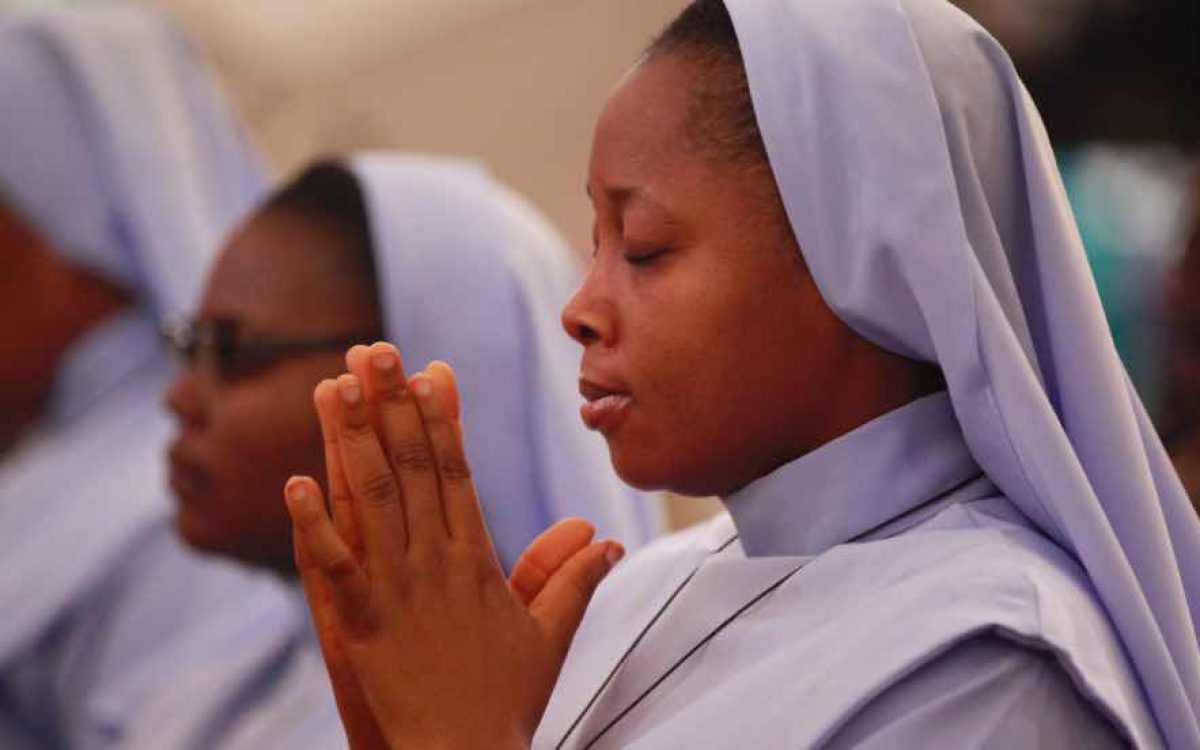This week, we all assisted in a state-sponsored drama where the governor of Benue State, Samuel Ortom, publicly made a mockery of Justice by allegedly forcing a battered woman back to the home she was assaulted in. The woman, Dr. Ifeyinwa Angbo, made a public video where she narrated how her husband, Mr. Pius Angbo has been assaulting her since they married six years ago. Nigerians at home and in the diaspora were appalled to see such masquerading of Justice and the incompetence of a sitting governor.
Some took it against Dr Angbo, asking why on earth she accepted to return to an abusive husband. And others rightly believe that it’s a lost cause in a society where a woman is always responsible for every marriage failure. We all know that Dr Ifeyinwa is not a unique case but a model of average women in our Nigerian society. Men will always be forgiven when it comes to domestic problems. That is men for you, we often say!
Unfortunately, when it is not men against women, it becomes women in authority over those (women) under them. The strong members are against the weaker ones. In social sciences, it is called lateral violence.
Lateral violence “is a term that describes the way people in positions of powerlessness covertly or overtly direct their dissatisfaction inward toward each other, toward themselves, and toward those less powerful than themselves”. (Jens Korff, Bullying & lateral violence, 2020). In a society like ours, where patriarchy is a norm, we typically observe that some women lord it over other women. They try to transfer their aggression to other women under them. In workplaces, they regularly occur, and in religious houses, they are institutionalized.
In certain cultures where men see strong women as threats to the establishment, most religious women tend to turn violent toward their fellow sisters. In Nigeria, it has become endemic that many young religious in certain congregations are starting to feel suffocated. And the worst is that they can never openly say it out of the fear of being expelled (sent back) to a society where returning to your family after joining a religious community seems to be a failure. So, many sustain it, counting on when to repeat the same treatment on those under them. I have observed the same pattern in different congregations – not one, not two and not even three, but in many local and international congregations.
The poor sisters do not always speak about it, as it is often forbidden to talk about it, even during confession. Those who tried to talk about it, even to the bishops, ended up being expelled.
A few years back, I met an ex-religious sister expelled from a foreign congregation run by Nigerian sisters. What was her offence? She dared to speak about the ordeals they were going through. When she could no longer bear it, she wrote to a bishop and some other priests within the diocese they were working, and the superior cooked up stories—some true, some false. As we all know, the hand and the knife never struggle over a piece of meat.
From her narrative, a pattern I have observed in many other religious congregations, the young ladies can’t even sometimes eat to their satisfaction. And they dare not refuse any meal. It’s either interpreted as a lack of a religious vocation or that they are not at the right place. Every so often, she said, they have to go and secretly buy their food to survive. And while the superiors preach against being picky with food, they only eat what they choose to eat and often force the young ones to stay there and watch them eat. And no one dares to complain because of the fear of being physically punished (abused).
I write this here because someone has to talk about it. Some bishops know about it, even though they seem impotent or unwilling to look out for these young ladies who only want to serve God. In certain cases, the superiors push the ladies to go about looking for financial support. And even though many try to remain faithful to their call, some end up being entangled in an unhealthy relationship that changes them for the worst.
I wish that some bishops of the Onitsha ecclesiastical province would rise above this complacent attitude and stand up for these young ladies. Some of these congregations are not treating their young ones like human beings. I repeat it; it is an open secret that some bishops are aware of these facts. One can argue that they are not members of those congregations, but they should not forget that they operate in their dioceses. Some young religious might have met their untimely death in such precarious situations in the past, and their blood is in our hands as a society. And like Ca, God is asking us, “What have you done with your sisters?”






